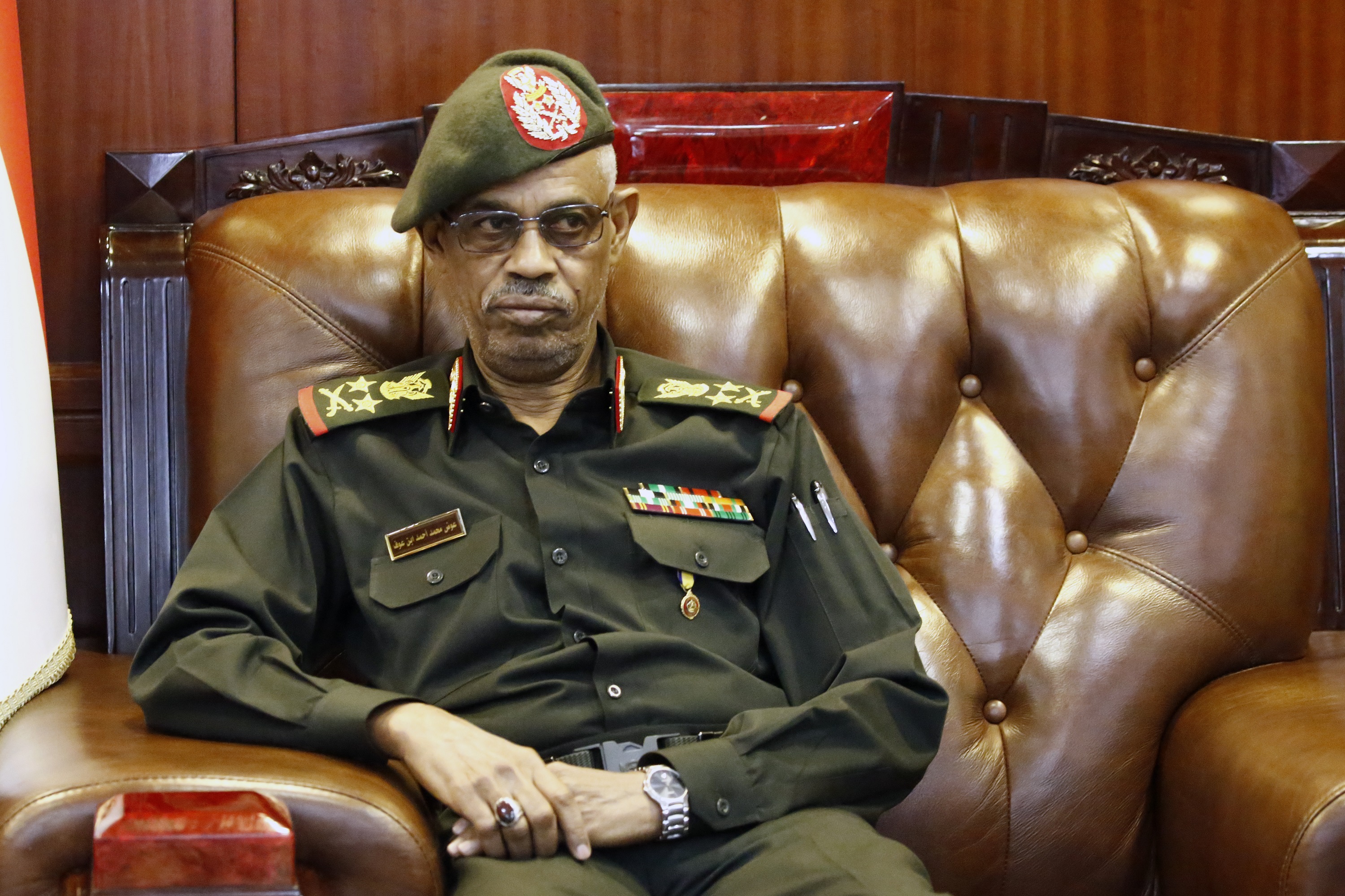Who is ibn Auf?

A career soldier trained in Egypt, Sudanese General Ahmed Awad ibn Auf went to the same military academy in Cairo as Egyptian President Abdel Fattah el-Sisi.
During his long military career, he served as the director of military intelligence and deputy commander of the armed forces. After his retirement from the army in 2010, he became a diplomat, serving as consul general in Cairo before becoming Sudan's ambassador to Oman.
In 2015, then president Omar al-Bashir appointed him as defence minister.
Six weeks ago, Bashir appointed Ibn Auf, who would subsequently topple him, as his deputy.
Ibn Auf "remains close to his classmates at the Cairo military academy", including Sisi, research professor at Tufts University Alex de Waal wrote in the New York Times on Thursday.
Sisi came to power in a military coup in 2013 after toppling democratically elected President Mohamed Morsi.
In February, ibn Auf struck a conciliatory tone towards the anti-government protests, saying that young people protesting against the government had "reasonable ambition".
Still, that wasn't always the case, in January he rebuked the protest campaign, vowing that the armed forces would not compromise over the country's security and leaders.
The United States in 2009 sanctioned ibn Auf for his role in orchestrating war crimes in Darfur.
Last year, ibn Auf defended the deployment of Sudanese forces with the Saudi-led coalition in Yemen despite growing domestic and international criticism of the war that has caused an enormous humanitarian crisis.
"Our participation [in the conflict] is a moral duty, and there is no plan to withdraw our forces as rumoured," he said at the time, as reported by Sudanese news agency Suna.


